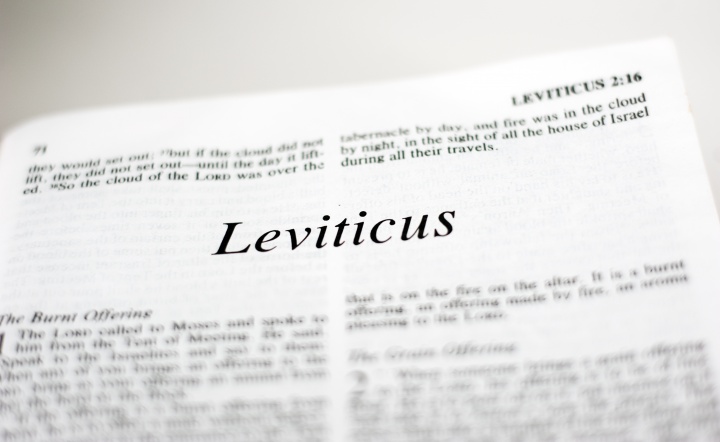Have you ever wondered what the Bible says about blood transfusions? This controversial topic has sparked debates among Christians regarding the acceptability of this medical procedure. In this blog post, we’ll explore the different perspectives and interpretations surrounding blood transfusions in the context of biblical teachings.
One of the key benefits of understanding what the Bible says about blood transfusions is gaining clarity on how to navigate complex ethical dilemmas in healthcare. By delving into scriptural wisdom, we can equip ourselves with a deeper understanding of the intersection between medical advancements and religious beliefs. Join us as we uncover the insights from the Bible about blood transfusions and reflect on how this knowledge can guide our decisions in modern healthcare practices.
Biblical Perspectives on Blood Transfusions: Understanding the Scriptural Teachings
What Does the Bible Say About Blood Transfusion
The topic of blood transfusion is a complex and controversial issue within certain religious communities, including some Christian denominations. While the Bible does not explicitly mention blood transfusions, there are several passages that address the sanctity of blood and its significance in religious teachings.
One of the most commonly cited passages in discussions about blood transfusion is found in the Old Testament, specifically in the book of Leviticus. Leviticus 17:14 states, “For the life of every creature is its blood: its blood is its life.” This verse emphasizes the importance of blood as a symbol of life itself, suggesting that it should be treated with reverence and respect.
Another relevant passage comes from Acts 15:28-29, where the early Christian church leaders provide guidance to the Gentile believers. They advise them to abstain from food sacrificed to idols, from blood, from the meat of strangled animals, and from sexual immorality. While this passage does not explicitly mention blood transfusions, some interpret it as a broader directive to avoid the consumption or use of blood in any form.
Additionally, in the context of medical treatment, Jesus’ teachings on healing and compassion are often cited. Throughout the New Testament, there are numerous accounts of Jesus performing miracles to heal the sick and suffering. These stories emphasize the importance of caring for those in need and alleviating their pain, which could be seen as supporting the use of modern medical interventions such as blood transfusions.
Ultimately, the interpretation of biblical teachings on blood transfusion varies among different Christian denominations and individual believers. Some view blood transfusions as a necessary and life-saving medical intervention, while others may have ethical or religious objections based on their understanding of scripture. As with many moral and ethical issues, it is important for individuals to prayerfully consider their beliefs, seek guidance from religious leaders, and make informed decisions based on their conscience and understanding of biblical principles.
Can Christians have blood transfusion?
In the context of the Bible, the issue of blood transfusion is a matter of personal interpretation and conviction. Some Christian denominations, such as Jehovah’s Witnesses, believe that blood transfusions are forbidden based on their interpretation of certain Biblical passages.
However, other Christians do not see blood transfusion as prohibited in the Bible. In Acts 15:29, there is a reference to abstaining from blood, but this is often understood in the context of dietary laws rather than medical procedures like transfusions.
Ultimately, whether or not Christians can have blood transfusions is a decision that individuals must make based on their own understanding of scripture and guidance from their faith community.
What religious group believes it is a sin to accept a blood transfusion?
Jehovah’s Witnesses are known for their belief that it is a sin to accept a blood transfusion. This belief stems from their interpretation of various passages in the Bible that prohibit the consumption of blood. Jehovah’s Witnesses believe that accepting a blood transfusion goes against God’s commandments and therefore refuse to undergo this medical procedure.
Is it Biblical to donate blood?
Donating blood is not specifically addressed in the Bible. However, the act of helping and saving lives is a value that is supported in the Bible. In passages such as Proverbs 19:17 which states, “Whoever is kind to the poor lends to the LORD, and he will reward them for what they have done.” Additionally, in the parable of the Good Samaritan in Luke 10:25-37, helping strangers in need is seen as a virtuous act. Therefore, while donating blood is not explicitly mentioned in the Bible, it can be viewed as a way to show compassion and love for others, which are core teachings of Christianity.
What religion would refuse a blood transfusion?
Jehovah’s Witnesses are a religious group that refuse blood transfusions based on their interpretation of scriptural passages in the Bible that prohibit the consumption of blood. They believe that accepting a blood transfusion would violate these Biblical principles and therefore refuse this medical treatment, opting instead for alternatives that do not involve blood products.

